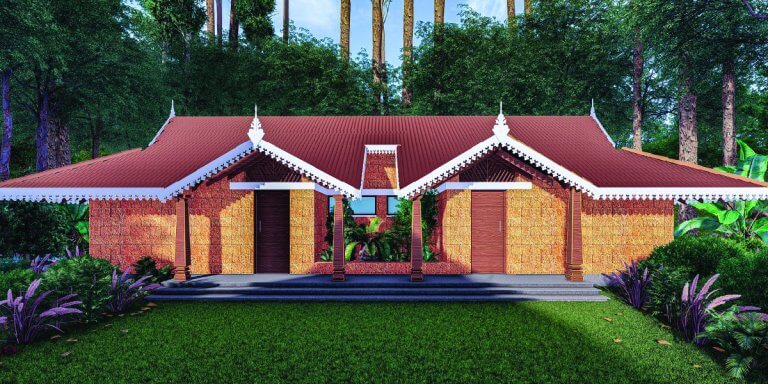Water is the most abundant natural resource in the agriculture land for sale near bangalore, yet ironically, the usable fresh water supply constitutes only a meager 2-3% of it. The rest is either saltwater or freshwater that’s tied up in polar icecaps. The lion’s share of the freshwater people use comes from rivers, aquifers in the form of groundwater, water aqueducts, water basins and reservoirs, and various state and municipal water districts.
Have you ever wondered how people in less developed areas of the world survive drought conditions? Those who live in more affluent countries may at times be put under mandatory water conservation during shortages. However, there is still an available supply. Poor farmers in rural parts of the world are less fortunate. They are the last to receive help. Is there anyone to blame for their plight?
During conditions of severe drought, many countries around the world follow one protocol. Any available water stored in the nation’s dams are used to provide for the needs of the people living in populated city areas. Usage priority is given to providing tap water to the city dweller, allowing those who live on the outskirts in small villages and farms to go without.
Many blame the plight of rural villagers during extremely dry conditions on government mismanagement and lack of planning. Villagers and rural farmers depend on water for irrigation that comes from rivers and tributaries. When these dry up, there is no back-up system in place to bring much needed irrigation to outlaying areas. All the farmer can do is watch as crops and food plants wither and die along with the loss of potential income.
As with the latest drought reported in Thailand, those living in the major cities are still able to have access to the nation’s reserves and think very little about it. Unfortunately, desperation and a need to survive bring thousands of poor farmers and villagers into the city looking for work and access to water. Many travel for days not knowing if or when they will ever find work.
This cycle of the rural farmer being forced to leave his or her village during drought to survive is one that many countries with unfair distribution have come to see as normal. The farmer only has two options. Hope for rain that increases river and tributary levels for irrigation, or be forced to leave home in search of temporary work in the city.




